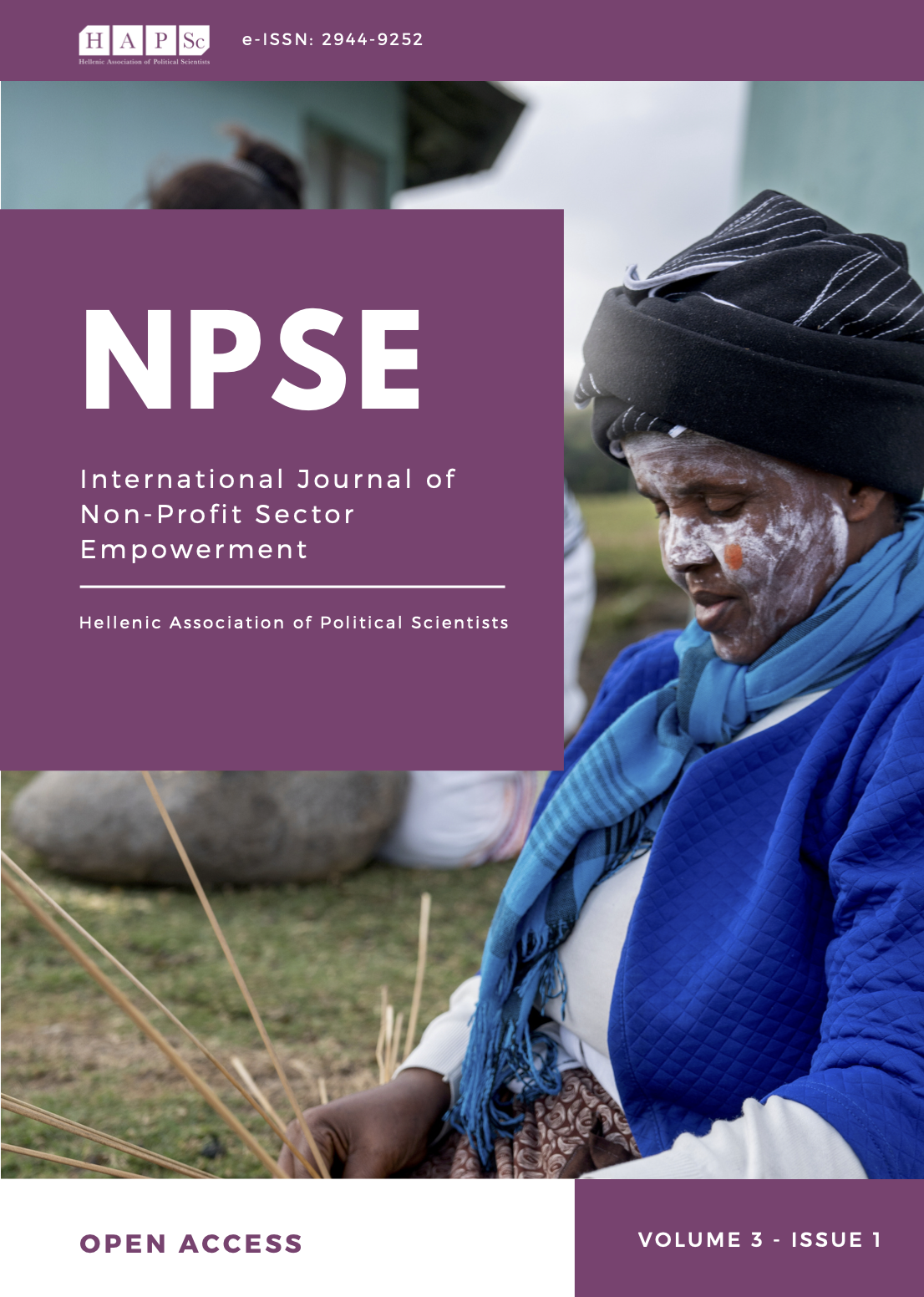Resistance to the Mafia: The Emergence and Role of an Autonomous Subgroup of Civil Society in Southern Italy

Abstract
This study aims to highlight key aspects of the Italian civil society's involvement in the fight against the Mafia. It explores the existence of a distinctive subgroup of civil society in southern Italy, dedicated to combating the Mafia through both conventional and unconventional actions. Moreover, it investigates whether these groups form a separate segment of civil society with unique characteristics, and identifies the underlying causes of their emergence in the region. The research builds on existing studies of these groups and the area, as well as literature on social movements and civil society. The findings suggest that these groups constitute an autonomous subgroup of civil society, shaped by the problem of organized crime and the state's inadequate response.
Article Details
- Section
- Research Articles

This work is licensed under a Creative Commons Attribution 4.0 International License.
Authors retain copyright and grant the journal right of first publication with the work simultaneously licensed under Creative Commons 4.0 (CC-BY 4.0) license, that allows others to share the work with an acknowledgement of the work's authorship and initial publication in this journal.





